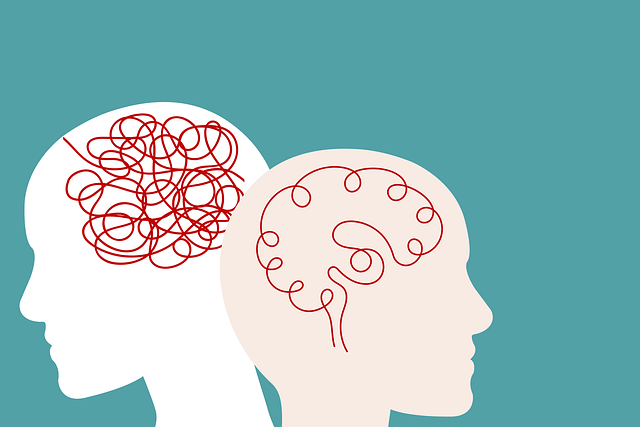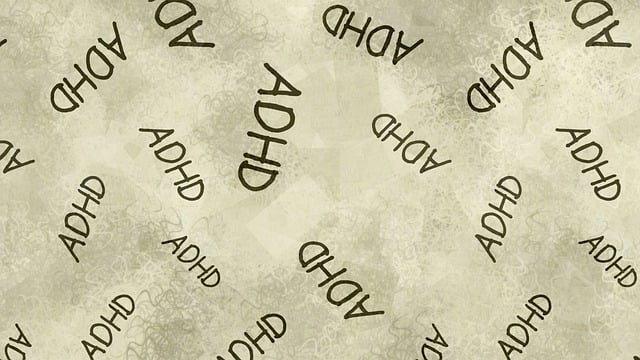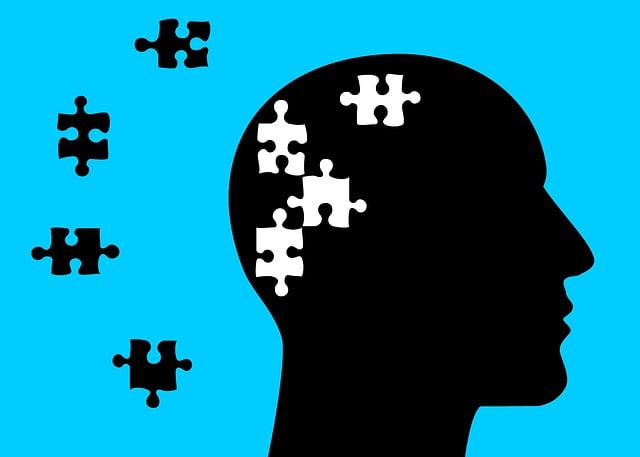In today's diverse society, personalized mental wellness assessments are crucial for addressing individual needs, especially in culturally sensitive mental healthcare. Broomfield Gender Identity Therapy leads the way by understanding and integrating cultural context and identity into their assessments, promoting effective emotional well-being. Their tailored approaches include mood management strategies, safe environments, and active participation, fostering holistic mental wellness. They've developed inclusive self-assessment tools for transgender and non-binary individuals, focusing on unique challenges and strengths related to gender dysphoria and transition experiences. These user-friendly tools, updated regularly based on feedback, prioritize client-centered approaches and empathy, ensuring accessibility and continuous improvement in the evolving mental health landscape.
Mental wellness self-assessment tools play a pivotal role in empowering individuals to take charge of their mental health. However, personalized assessments tailored to diverse needs are essential. This article explores the development of such tools, highlighting the significant contribution of Broomfield Gender Identity Therapy in shaping inclusive and effective self-assessment solutions. We delve into key components, implementation strategies, and continuous improvement methods to create user-centric tools that foster better mental wellness outcomes for all.
- Understanding the Need for Personalized Mental Wellness Assessments
- The Role of Broomfield Gender Identity Therapy in Shaping Self-Assessment Tools
- Key Components of an Effective Mental Health Self-Assessment
- Implementation and Continuous Improvement Strategies for User-Centric Tools
Understanding the Need for Personalized Mental Wellness Assessments

In today’s diverse society, there is a growing recognition of the importance of personalized mental wellness assessments to cater to the unique needs of individuals. Traditional approaches often fail to account for cultural sensitivity in mental healthcare practice, which can lead to misconceptions and barriers to care. Broomfield Gender Identity Therapy, for instance, highlights the necessity of understanding an individual’s identity and experiences within their specific cultural context. This tailored approach ensures that emotional well-being promotion techniques are effective and relevant, fostering a safe and supportive environment.
Furthermore, these assessments should enable effective mood management strategies by providing insights into an individual’s mental state. By incorporating culturally sensitive practices and focusing on personalized care, healthcare professionals can better assist patients in navigating their emotional challenges. This not only promotes overall well-being but also encourages individuals to actively participate in their mental health journey, setting the foundation for long-term success.
The Role of Broomfield Gender Identity Therapy in Shaping Self-Assessment Tools

Broomfield Gender Identity Therapy has played a pivotal role in shaping and refining mental wellness self-assessment tools, particularly those designed to support individuals navigating their gender identity. This therapeutic approach emphasizes the importance of creating inclusive and nuanced assessments that cater to the diverse needs of transgender and non-binary folks. By integrating insights from cutting-edge research and direct client feedback, these therapists have contributed significantly to the development of valid and reliable metrics for evaluating mental health and coping skills development.
The methods employed by Broomfield Gender Identity Therapy, including compassion cultivation practices and social skills training, have inspired the creation of self-assessment tools that go beyond traditional diagnostic criteria. These tools are designed to capture the unique challenges and strengths associated with gender dysphoria and transition-related experiences, fostering a more holistic understanding of an individual’s mental wellness. This shift towards comprehensive assessments ensures that support services can be tailored to meet the specific needs of each person, enhancing their overall well-being.
Key Components of an Effective Mental Health Self-Assessment

An effective mental health self-assessment tool should incorporate several key components to ensure comprehensive and accurate evaluation. Firstly, it must be user-friendly, allowing individuals from diverse backgrounds, including those seeking Broomfield Gender Identity Therapy, to navigate the assessment effortlessly. The language used should be accessible, clear, and free from complex jargon or technical terms that might deter users.
Additionally, the tool should assess a wide range of mental health dimensions, such as emotional well-being, stress management, coping mechanisms, conflict resolution techniques, and resilience building. Incorporating questions or scenarios related to these areas provides a holistic view of an individual’s mental wellness. Furthermore, integrating interactive elements, like self-reflection prompts or visual assessments, can enhance engagement and encourage deeper introspection. Much like the production of a Mental Wellness Podcast Series, the goal is to create an immersive experience that encourages open and honest self-exploration.
Implementation and Continuous Improvement Strategies for User-Centric Tools

The development of user-centric mental wellness self-assessment tools is an ongoing process that requires strategic implementation and continuous improvement to meet the diverse needs of individuals seeking support. At Broomfield Gender Identity Therapy, we emphasize a client-centered approach, ensuring our digital resources are designed with empathy and accessibility in mind. By integrating Compassion Cultivation Practices into the tool’s framework, users can benefit from evidence-based strategies to enhance self-compassion and resilience, fostering a safe space for exploration.
Regular updates and iterations based on user feedback are essential to the success of these tools. Our Community Outreach Program Implementation encourages open dialogue with the target audience, allowing us to adapt Self-Awareness Exercises and incorporate cultural sensitivity. This collaborative process ensures that the assessment tools remain relevant, effective, and inclusive, catering to the evolving mental health landscape and the unique experiences of diverse communities.
The development of personalized mental wellness self-assessment tools is a crucial step towards enhancing access to mental health support. By incorporating insights from professionals like Broomfield Gender Identity Therapy, these assessments can become more inclusive and effective. Key components such as simplicity, accuracy, and user-friendliness are essential for their success. Implementation strategies that focus on continuous improvement, based on user feedback, will ensure these tools remain relevant and beneficial in the evolving landscape of mental health care.














